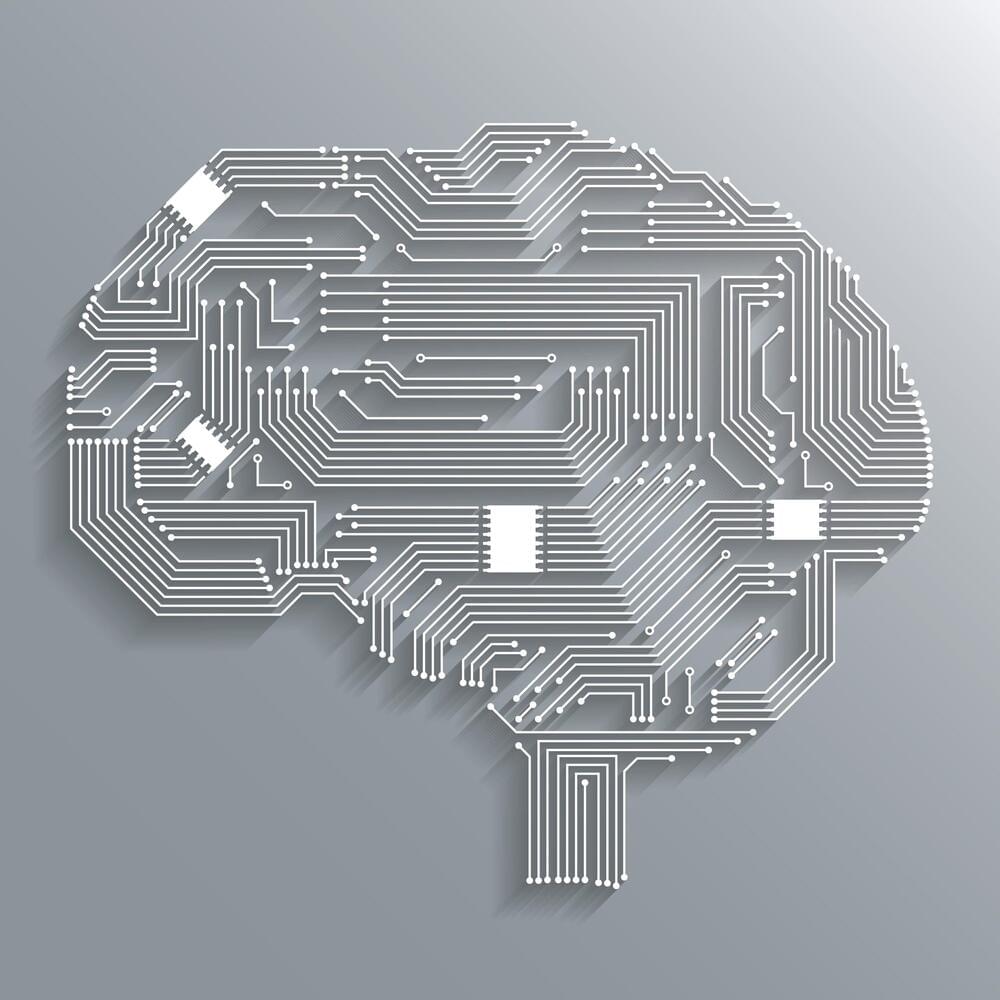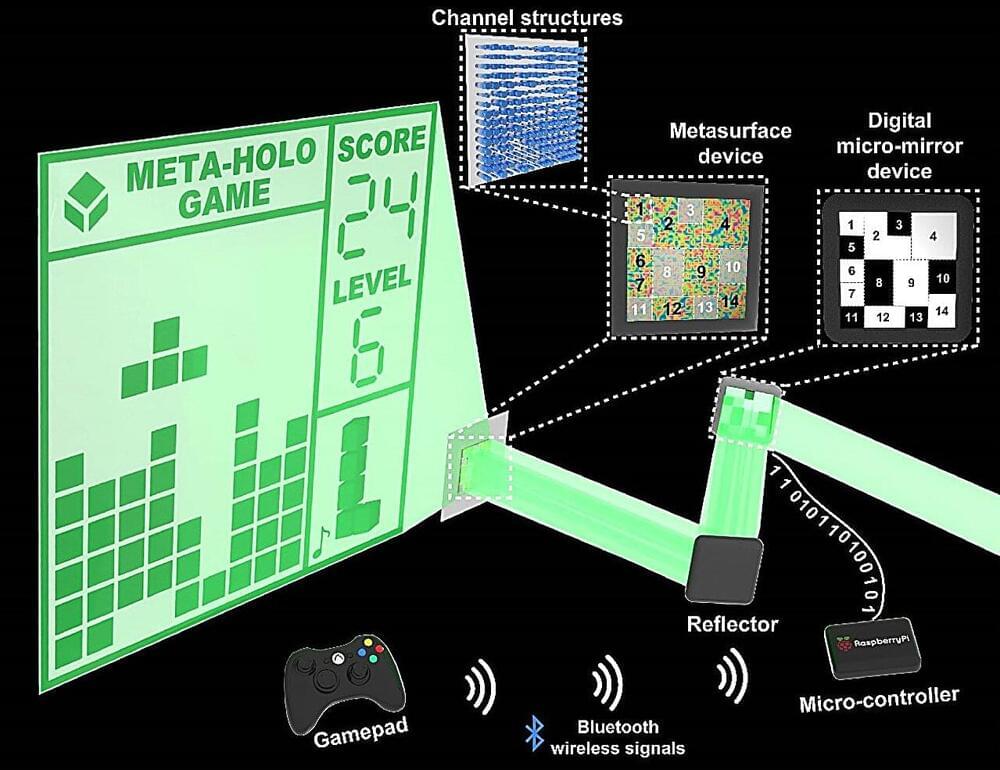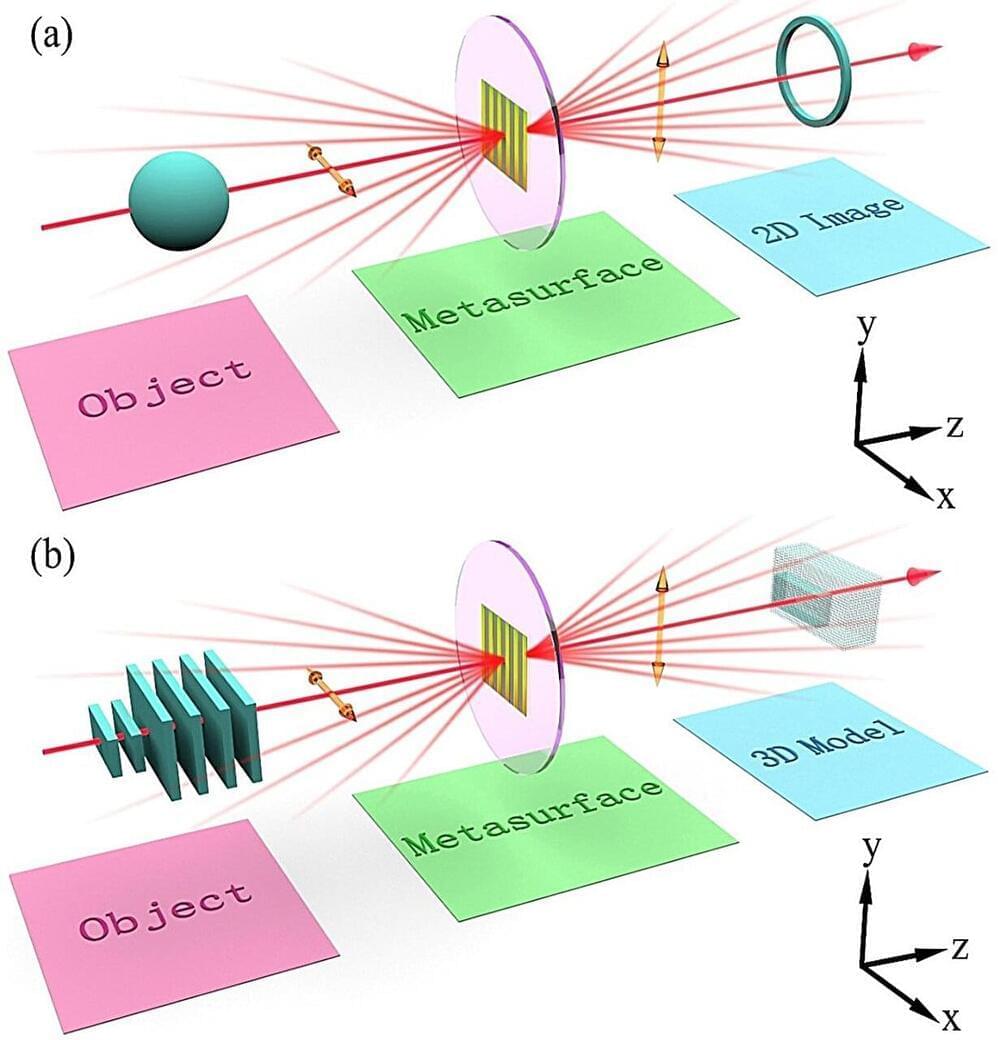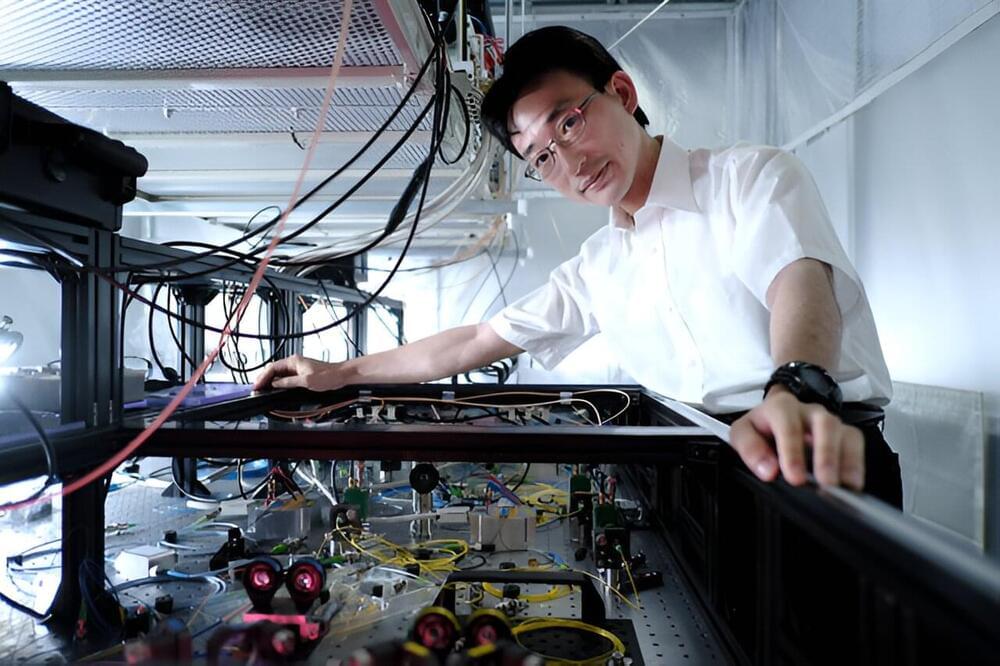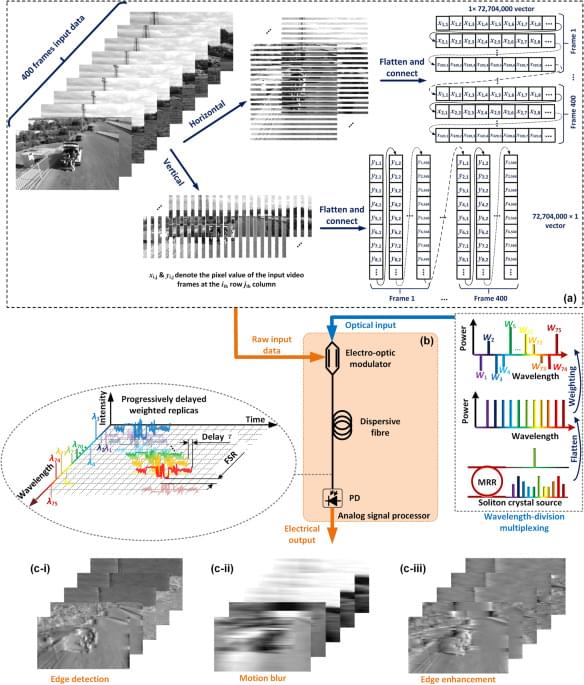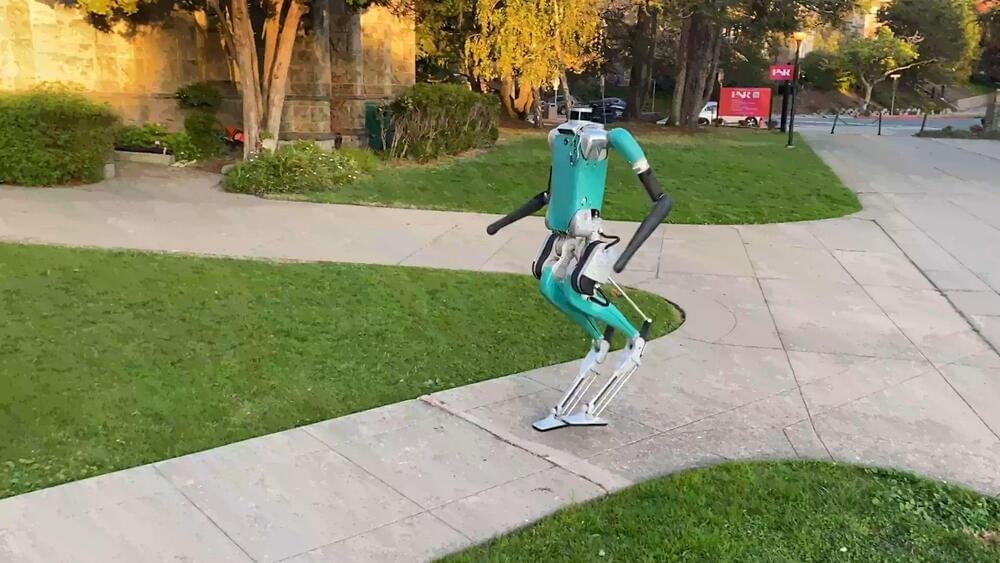Dec 25, 2023
This Machine Learning Research Opens up a Mathematical Perspective on the Transformers
Posted by Gemechu Taye in categories: information science, mapping, mathematics, particle physics, robotics/AI
The release of Transformers has marked a significant advancement in the field of Artificial Intelligence (AI) and neural network topologies. Understanding the workings of these complex neural network architectures requires an understanding of transformers. What distinguishes transformers from conventional architectures is the concept of self-attention, which describes a transformer model’s capacity to focus on distinct segments of the input sequence during prediction. Self-attention greatly enhances the performance of transformers in real-world applications, including computer vision and Natural Language Processing (NLP).
In a recent study, researchers have provided a mathematical model that can be used to perceive Transformers as particle systems in interaction. The mathematical framework offers a methodical way to analyze Transformers’ internal operations. In an interacting particle system, the behavior of the individual particles influences that of the other parts, resulting in a complex network of interconnected systems.
The study explores the finding that Transformers can be thought of as flow maps on the space of probability measures. In this sense, transformers generate a mean-field interacting particle system in which every particle, called a token, follows the vector field flow defined by the empirical measure of all particles. The continuity equation governs the evolution of the empirical measure, and the long-term behavior of this system, which is typified by particle clustering, becomes an object of study.
